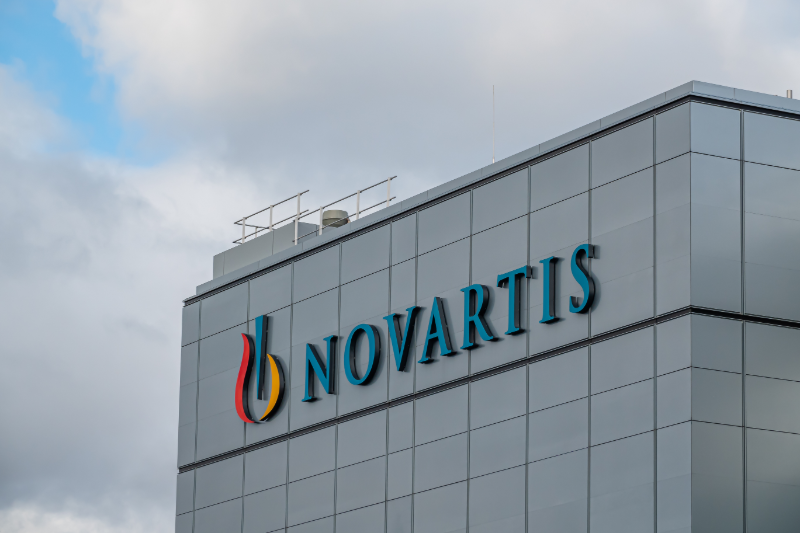On 24 March, Novartis announced new anticipated long-term positive data for its one-time infusion gene therapy, Zolgensma (onasemnogene abeparvovec-xioi), that showed significant therapeutic benefit in patients with spinal muscular atrophy (SMA) over a range of extended studies, covering patients treated presymptomatically, and sustained durability in patients up to five years post-dosing.
Also, interim results of a novel intrathecal formulation testing patients with SMA type 2, ages two to five years, were reported. The robust overall trial results are expected to spur the sales of the drug, expand the future patient pool, and further dispel controversies raised over the drug’s credibility after the preclinical data manipulation incident and its hefty $2.1M price tag. GlobalData expects Zolgensma to generate global sales of $2.5B by 2025, leading the SMA market.
Zolgensma was approved by the FDA in May 2019, to treat children from newborn to two years old with SMA, a rare neuromuscular disorder caused by a mutation in the survival motor neuron gene 1 (SMN1) that results in voluntary muscle wasting and inability to talk, eat, and breathe, leading to the death of infants by the age of two in 90% of cases. The drug was recently approved in Japan, as of 19 March 2020.
The presented data of a completed pivotal STR1VE-US study showed that nearly all patients (91%) met the co-primary efficacy endpoint of event-free survival at 14 months, and more than half (59%) of patients met the co-primary efficacy endpoint of sitting for 30 seconds or more at 18 months of age, a milestone never achieved before in any clinical trial of SMA type 1. Additionally, nine of 22 patients demonstrated the “ability to thrive” at 18 months of age.
The unveiled impressive data will give Novartis a competitive advantage over the other marketed SMA therapy, posing a threat to Biogen’s blockbuster Spinraza (nusinersen). Zolgensma, despite costing $2.1M per infusion, is thought to be more cost-effective than Spinraza over the long term as it only requires a single administration, compared to Spinraza, which requires patients to be hospitalised multiple times per year in order to deliver the drug through a lumbar puncture.
Given Zolgensma’s five-year efficacy and safety positive results, coupled with the drug’s approval in Japan and the new study investigating expanded use in patients with SMA type 2, GlobalData expects that Zolgensma will change the landscape of the SMA market and it will prove that gene therapy may hold the key to SMA treatment.

US Tariffs are shifting - will you react or anticipate?
Don’t let policy changes catch you off guard. Stay proactive with real-time data and expert analysis.
By GlobalData




